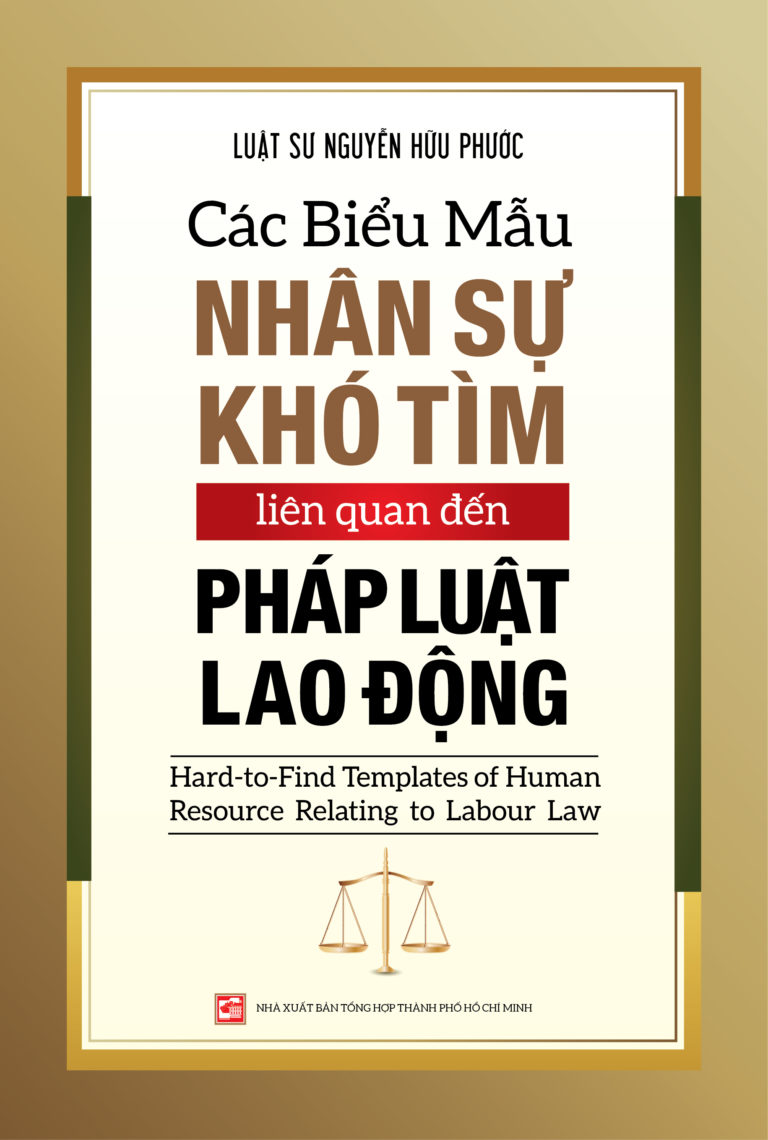PROCEDURE FOR BANK FORECLOSURE ON MORTAGED PROPERTY
In compliance with Article 299 of the Civil Code 2015, on due date for performing secured obligation, the obligor fails to fulfil or improperly fulfils his/her obligation then the secured party is entitled to realise the secured property. Under Article 95.2 of Law on Credit Institutions 2010, amended and supplemented in 2017, in case where the client is unable to pay the due debt, if the parties do not have any other agreement, then the credit institution has right to recover the debt, realise the property used for loan sercurity under the credit contract, the security contract and the laws. As such, it can be understood that when the payment of debt and interest to bank falls due, the client fails to perform or improperly performs the obligation, then the bank has right to handle the secured property in accordance with the law and the agreement. This article will refer to the procedure for bank foreclosure on mortaged property, specifically as follows:
Step 1: Sending the written notification on foreclosing partial or all mortgaged property to the mortgagor and other mortgagees[1]. The notification term shall comply with the agreement of parties or before a reasonable period (before at least 10 calendar days for movable property and before at least 15 calendar days for immovable property until the time of realising mortaged property) in case where parties cannot reach any agreement[2].
In case the mortaged property is at risk of being damaged, resulting in decreasing value or loss of entire value, then the bank has right to immediately handle it, and simultaneously notify the client and other secured parties about foreclosue of such property.
Step 2: Mortgagor shall hand over a part or all property to the bank according to the notification on realsing the mortaged property. In case where the mortgagor fails to hand over or is unable to do so, then the bank has right to request the Court to settle under Article 301 of Civil Code 2015.
Step 3: The bank and mortgagor may agree on the price of the mortgaged property or reassess the property value through property valuation organisation when handling the secured property. In case where no agreement is reached, the property will be valuated through the property valuation organisation.[3]
Step 4: The bank will handle the mortaged property according to the methods as agreed by parties[4]. In case where there is no agreement, the property will be auctioned in accordance with the law on asset auction, unless otherwise provided by law.
Step 5: Conducting the procedure on transferring the property ownership to the new owner. The sum of money obtained from handling the mortaged property after paying costs for preservation, foreclosure and disposal of property shall be paid in the order of priority under the laws. The remaining amount (if any) will be returned to the mortgagor.
During the process of handling, foreclosing the mortgaged property, the bank shall comply with the laws on foreclosure of property and the mortgagor shall acknowledge the regulations to promptly intervene in case where the bank fails to comply with laws on procedure for foreclosure of the mortgaged property. Therefore, in order to ensure the legitimate rights and interests of their own, the bank and the mortgagor all need to seek the legal advise from lawyers.
Phuoc & Partners is a professional consulting firm established in Vietnam and currently has nearly 100 members working in three offices in Ho Chi Minh City, Hanoi and Danang. Phuoc & Partners is also rated as one of the leading consulting firms specializing in business law in Vietnam that has leading practice areas in the legal market such as Labour and Employment, Taxation, Merger and acquisition, Litigation. We are confident in providing customers with optimal and effective civil litigation service.
[1] Article 300 of the Civil Code 2015
[2] Article 51.4 of Decree 21/2021/ND-CP
[3] Article 306 of the Civil Code 2015
[4] Article 303.1 of the Civil Code 2015











